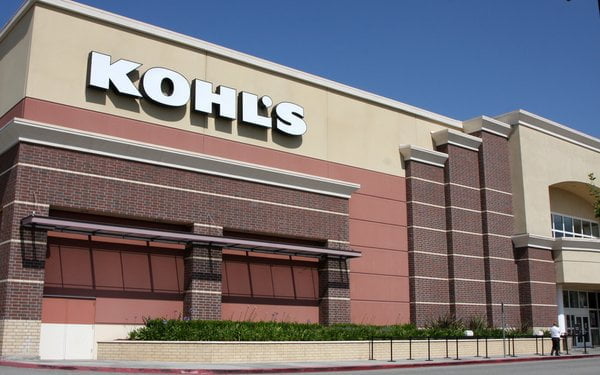
Kevin Mansell, Kohl’s CEO, used the marketing buzzwords
“omnichannel experience” during the company’s second-quarter 2017 earnings call last week.
“Online demand sales grew 19%, an accelerated growth rate from the first quarter,” he said, pointing to the 31% store fulfillment rate of online orders — up significantly
from the prior quarter.
A better customer experience on the mobile web and on the company’s smartphone app improved digital conversion at a “double-digit rate.” Mobile accounted for 66% of
Kohl’s online traffic and 42% of its online revenue in the quarter, Mansell said.
The word “online” was mentioned about 16 times during the hour-long call.
Reviews can have an impact
on a company’s quarterly profit. Google’s Maps and Local algorithms specifically consider how stores are categorized and the accuracy of the information and reviews. The algorithms also consider how
the retailer performs in comparison to competitors in that local area.
advertisement
advertisement
All those metrics play into local search engine optimization (SCO) to get on page one for targeting, says
Chatmeter CEO Collin Holmes.
He attributes Kohl’s success partly to a better online local SEO and reputation management strategy. With increasing attention given to online, the department
store managed to increase the number of its Google reviews by 530%, with the amount of five-star reviews increasing by 480%.
The key is to build trust between the retailer or brand and
consumers. Many consumers rely heavily on online reviews to build that trust. It helped Kohl’s increase the average store rating from 3.7 to 4.1, which Chatmeter’s recent third-party research identifies as the biggest contributor to trust in a store.
Kohl’s is
focused on improving its reputation and measuring the customer experience around its omnichannel strategy to buy online and pick up in-store.
